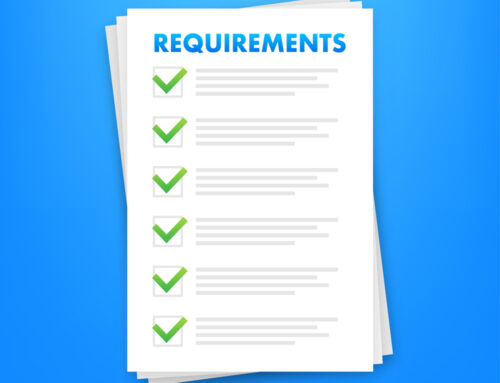 Although the 2020-2021 college admissions cycle is far from over, we can learn a great deal about the pandemic’s effects on admissions from early action and early decision outcomes. Consider the following:
Although the 2020-2021 college admissions cycle is far from over, we can learn a great deal about the pandemic’s effects on admissions from early action and early decision outcomes. Consider the following:
- Applications to highly selective colleges increased significantly: early applications were up 22% at Brown, 38% at Yale, 49% at Columbia, and 57% at Harvard. As a result, there was a decrease in acceptances and an increase in denials and deferrals at these and other colleges.
- Applications to less selective colleges remained the same or declined.
- Submissions of the Free Application for Federal Student Aid (FAFSA) have decreased: as of January 1, 11.4% fewer students had completed the FAFSA than at this time last year.
Given that college enrollment for the high school class of 2020 was 22% lower than for the class of 2019, many were surprised by the jump in applications to the most selective colleges. However, when you account for other ways in which COVID-19 has disrupted college admissions, these numbers actually make sense. The following factors all played a role in early application results:
Test-optional policies: As discussed in a previous blog post, the cancellation of multiple ACT and SAT test dates last spring and summer led many more colleges to become test-optional. In previous years, students may have decided a highly selective college was out of reach because of their test scores, but this year, such students might have been more likely to apply since scores were not required.
This was especially true for the Ivies and other colleges that were not test-optional before this year. For example, only 27% of early decision applicants to Cornell submitted scores and 42% of students admitted early decision to Boston College did so. Even colleges that were previously test optional saw fewer students report scores this year: at the University of Denver, only 43% of applicants submitted scores, compared to 75% last year. On average, almost 50% of early applicants did not submit ACT or SAT scores.
Colleges’ heightened online presence: Because campuses were forced to close and students couldn’t visit in person, admissions offices ramped up their virtual offerings (i.e., information sessions, tours, student panels) and also increased their presence on social media. All of this enabled schools to reach far more students than ever before, as many colleges held few or no virtual events prior to the pandemic.
Students applying to more colleges: As of December 2, applications submitted through the Common Application were up 6% compared to last year, but the number of applicants was down 2%, meaning that, on average, individual students applied to more schools. This was definitely the case for the students with whom I work: 83% of them applied to eight or more colleges, compared to 47% last year. Most of my students were not able to do in-person visits at some or all of the schools they were considering, so they had difficulty narrowing down their lists and thus applied to more colleges.
Colleges concerned about yield: Due to the uncertainty created by COVID-19, colleges are more worried than ever about their yields — that is, the percentage of students offered admission who actually enroll. (Of course, this does not apply to students who applied early decision, as that is a binding commitment.) Because so many students in the high school class of 2020 deferred enrollment, it is understandable that colleges are concerned that students in the class of 2021 will do the same. Furthermore, the fact that individual students are applying to more colleges means students are less likely to attend any one school on their list.
Despite the rather negative picture all of this data paints, the early application outcomes for Discovery College Consulting’s students were overwhelmingly positive. Nonetheless, it will be interesting to see if these trends continue as results are released for regular decision applications this spring.





